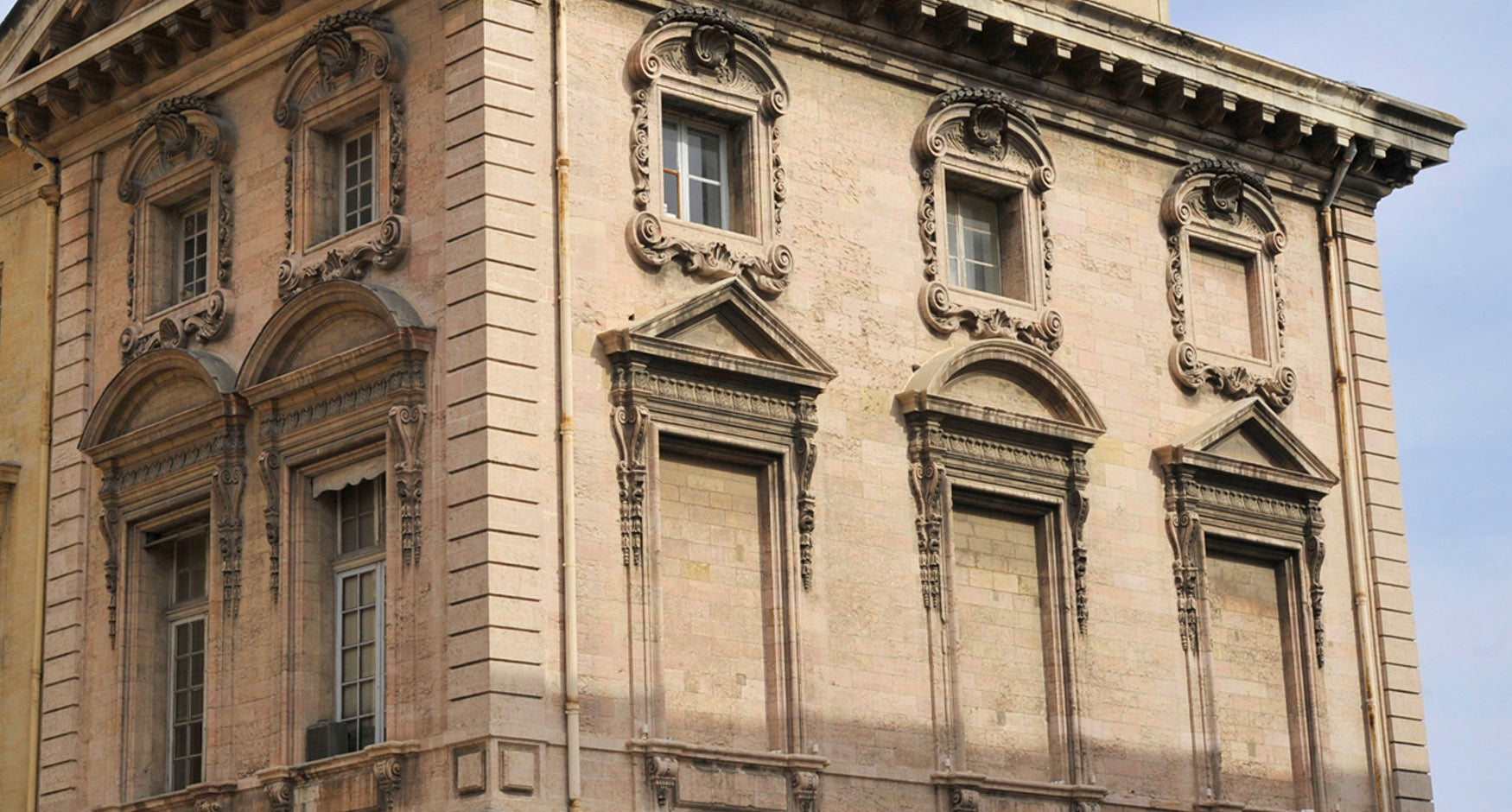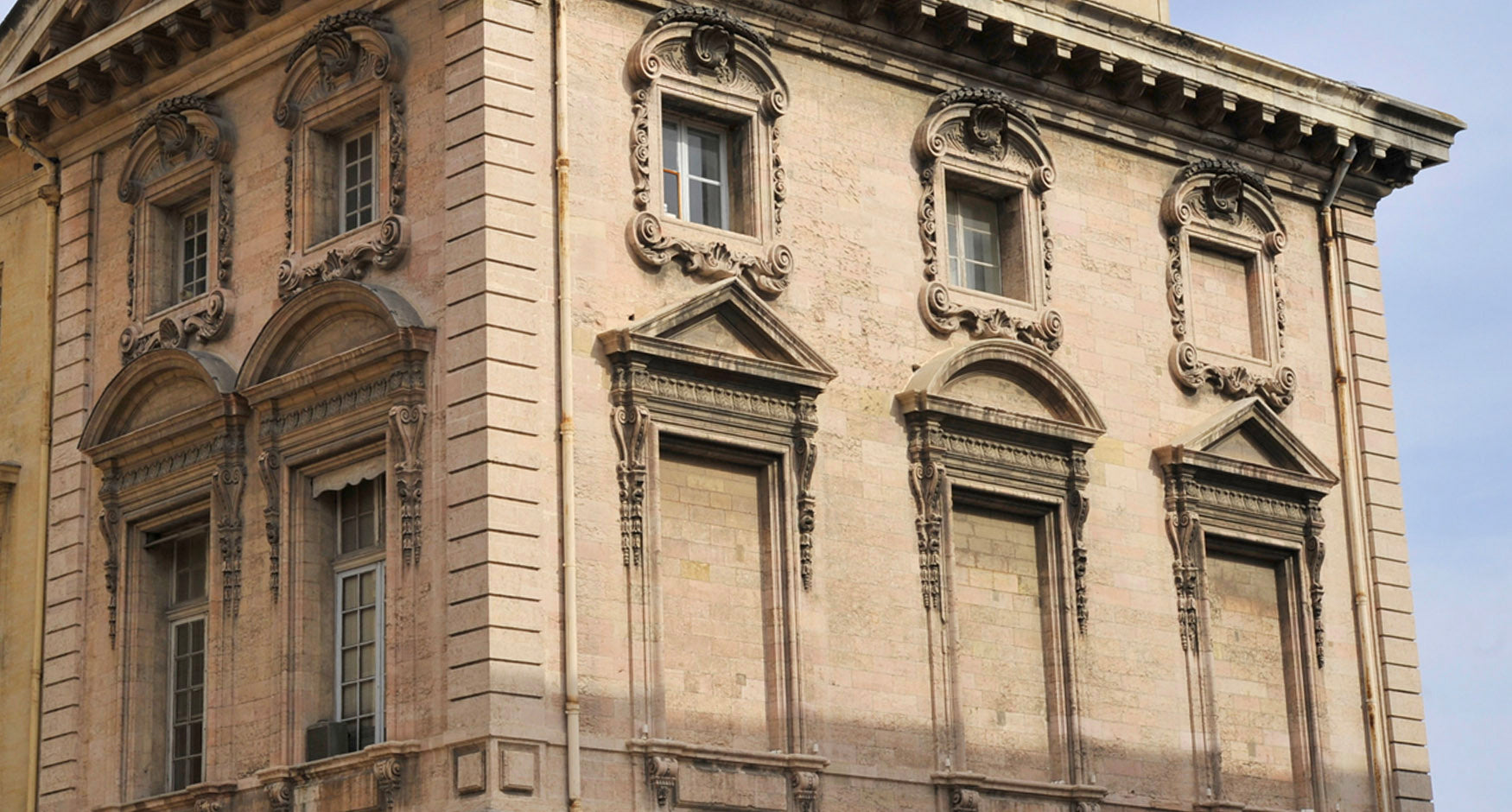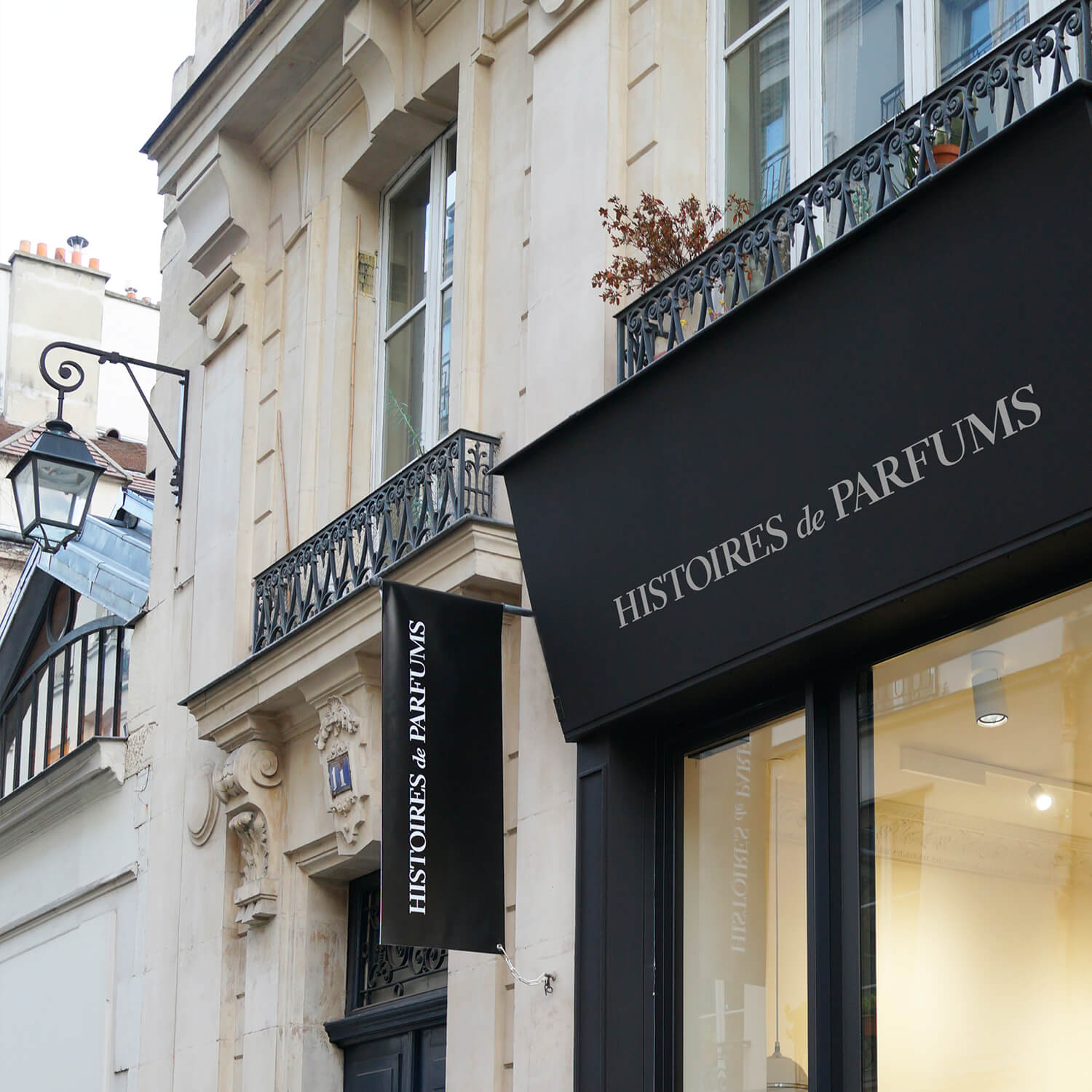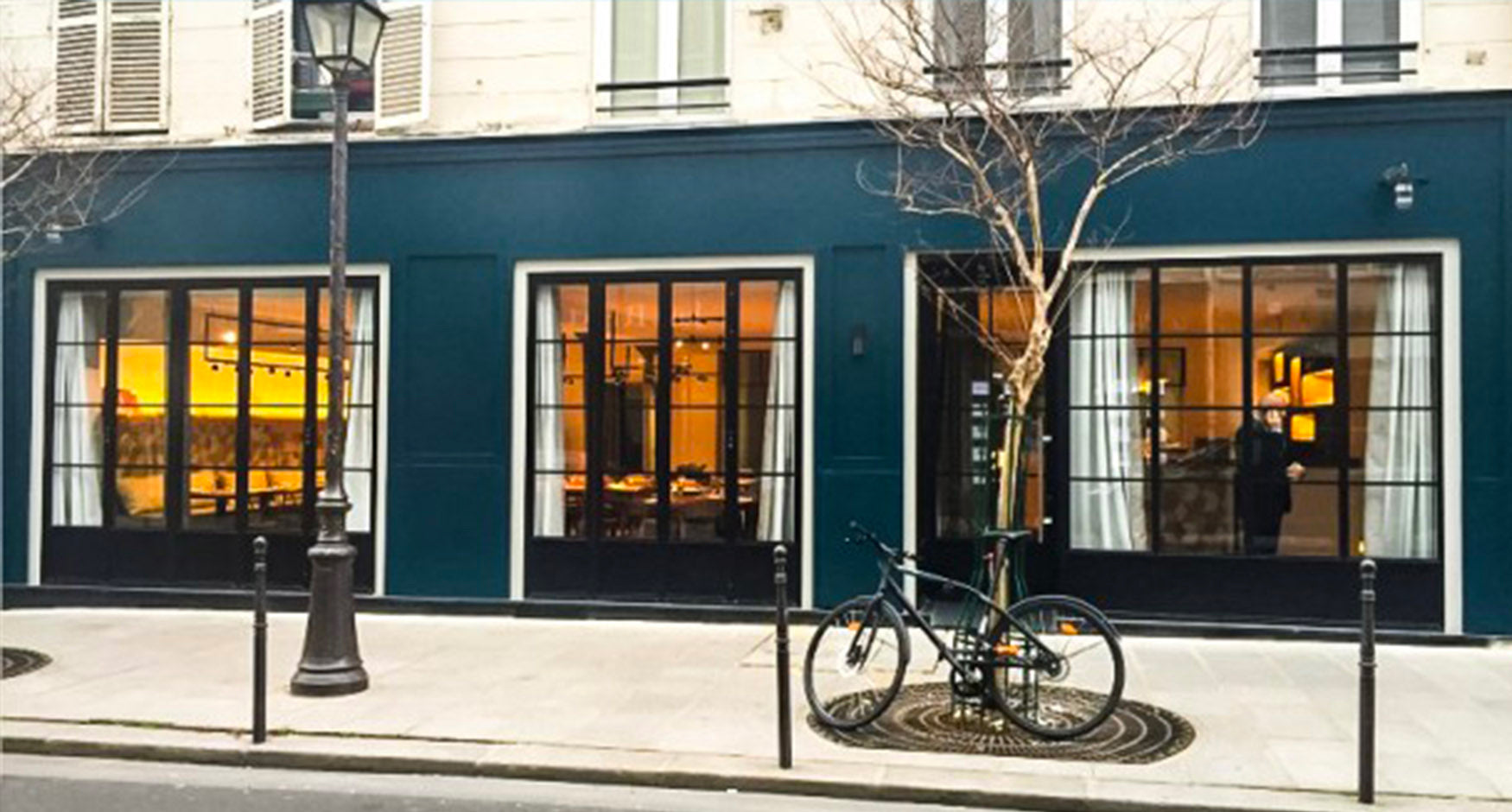
November 24, 1789: Don't let the sun in!

France is currently the second country with the highest tax rate. According to the OECD (the Organisation for Economic Co-Operation and Development) the taxes in France are at 45.3% (Denmark takes the lead at 45.9%). This high tax rate comes as a result of France's history, and has enabled the establishment of a strong and centralized country. However, much like everywhere else, the French people weren't so pleased to watch the fruits of their labor be enjoyed by the state, and attempted, as much as they could, to reduce the tax rate going as far as denying themselves of daylight.
While the catholic Church held its authority after the fall of the Roman Empire (476 A.D), a new and younger regime called the Royalty, entered the scene. Royalty was founded on the feudal system which meant that the Church and the royals had to work with one another. The Church, which held central authority, associated with the lords of each region who coordinated with their people (their vassals) to accord land or fiefs in exchange for services.
The fief was the fundamental foundation of the feudal system.
The people thus owed taxes to three powers including the Church, the royalty and the feudal system who together imposed: the ecclesiastical tax, the royal tax and the seigniorial tax. There were direct taxes such as the tithe which gave one tenth of the peasant's revenue to the church, and indirect taxes such as the gabelle, which was imposed on salt.
In the 11th century, the royalty began exerting its dominance over the Church and the lords to compensate for the high cost of war. The royals imposed new contributions on the Church and the lords. In order to fund the crusades of 1188, Philippe Auguste introduced the "dîme saladine" which was imposed on all citizens who didn't go and fight in battle. In the 13th century, Philipe le Bel was excommunicated by Pope Boniface for introducing the "décime" which collected 10% of the French Church's revenue. However, with the help of his consultant's Guillaume de Bogaret's embassy, who apparently would have smacked the pope to Rome, the king of France won the case for added taxes.
The financial pressure from the royal taxes went on to stress the people, the lords, the Church and the nobility until the revolution. Meanwhile, all the collected funds went to support the kingdom's wars including: the Hundred Years' War, the Italian Wars, the Nine Years' War, the Thirty Years' War, the Seven Years' War and the War of the Spanish Succession.
As time went on, the French people became increasingly bitter about taxes and the lack of transparency regarding how the money was being managed. At the time, the King and the State's treasures were unified, which is expressed in Louis XIV's famous line "I am the State".
While the Revolution of 1789 put an end to the royal power, no changes were made regarding the tax system. The revolutionaries, however, still wanted a fair tax where citizens paid dues based on their income, and not on the king's needs. Thus, between 1790 and 1791, three taxes were created: the contribution foncière which taxed the land, the contribution mobilière which was a tax on all income and profits, and la patente which taxed the revenue generated from commerce.
However, much like the state under the old regime, this new revolutionary France was fighting a war with insufficient revenue from taxes. The French were fighting against a coalition of European neighbors who wanted to restore the monarchy in France to prevent the revolutionary spirit from spreading. Thus, in order to make up for their lack of funding, France imposed a new tax on November 24, 1798 called l'impôt sur les portes et les fenêtres. These four taxes, known as les quatre vielles, came as a result of the revolution and remained in practice until 1917.
L'impôt sur les portes et les fenêtres was found on the idea that the more windows and doors a home had, the richer the home owner was, and thus the higher their taxes should be. There was no tricking the system here considering that the state agent could easily count the windows and doors from street view. It was then that France drastically began walling up any openings on building facades as a way to avoid paying this new tax. Today, you can still see numerous barred-up windows in French cities.
Undoubtedly, the lower-class citizens were the most affected by this new tax. Many even renounced to having any visible windows and only kept their front door as an opening to their home. Unfortunately, this enclosure created insalubrious living conditions and led to an increase in overall health issues due to the lack of air flow and caused a significant increase in rickets disease. In the first volume of Les Misérables, Victor Hugo even made Mgr Myriel say "Alas! God give air to the people, the law is stealing it from them."
The paradox of the French Revolution, based on the Spirit of Enlightenment, was that it denied light to the ones it was meant to illuminate.




Laisser un commentaire
Ce site est protégé par hCaptcha, et la Politique de confidentialité et les Conditions de service de hCaptcha s’appliquent.